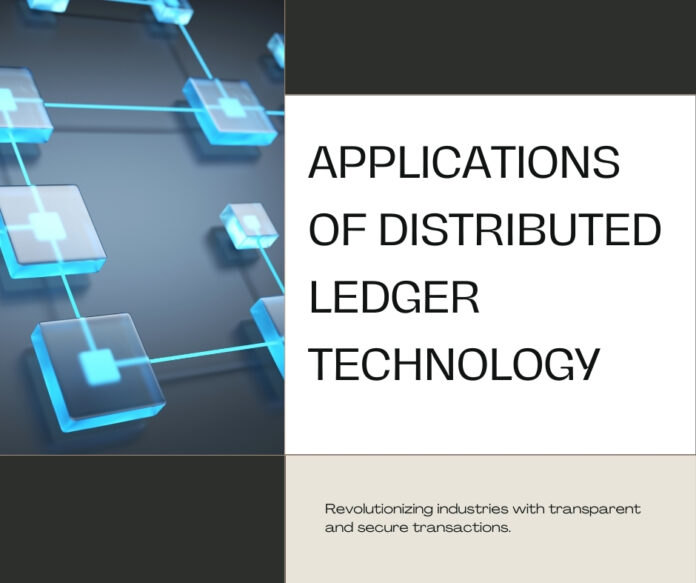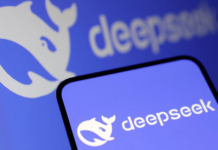The term Distributed Ledger Technology (DLT) refers to a novel approach to managing transactions and data. It is a type of database that enables various organizations to exchange numerous copies of a ledger.
DLTs have the potential to save costs, increase security, and improve efficiency, among other advantages. These could consist of anything from more conventional applications like supply chain management to cryptocurrencies like Bitcoin and Ethereum.
The potential for DLT to completely transform the financial industry is one of its most intriguing features.
This blog examines how DLT is being utilized to transform the financial industry and speculates about its potential future applications for fintechs.
Applications of DLT
The finance industry already uses DLT in a wide range of applications. One application is in payments, where it’s being utilized to lower costs and expedite cross-border payments.
Digital assets
Cryptocurrencies and other digital assets are only one area where DLT is very important. It also applies to other asset classes, including, but not limited to, commodities, currencies, securities, real estate, and utilities. DLT can be used for managing, trading, and storing them.
Furthermore, digital assets can be traded in lower quantities since they can be divided into fractions. This strength might make investing in them more approachable for a wider group of individuals.

Smart contracts
There are always new use cases being discovered, and the landscape of digital assets is always changing. DLT is being used, for example, to develop “smart contracts.” These are self-executing contracts that enable transparent and conflict-free exchanges of any kind of value, including cash, real estate, shares, and other items.
The potential for smart contracts to eliminate the need for middlemen like attorneys and brokers makes them a significant innovation. They could assist in resolving several issues, such as fraud, in addition to saving time and money.
Decentralised Finance (DeFi)
Another domain in which DLT is highly influential is DeFi. This innovative approach to financial management does not depend on centralized establishments such as banks. Rather, it facilitates direct user interaction between users to get loans, interest, or investments through the use of smart contracts and other blockchain-based technology.
This innovation could increase user control over their data and make financial services more equitable and accessible.
Decentralised Exchanges (DEXs)
Decentralised exchanges (DEXs) represent another way that distributed ledger technology (DLT) is being used in finance. Because each user maintains access to their own wallet, these online platforms make it possible for users to trade cryptocurrencies and other digital assets without the need for a centralized authority. As a result, they are more efficient and safer than traditional exchanges.
DEXs may have a big impact on how people trade different assets in the future, from equities and shares to more conventional commodities like gold, oil, and even real estate.






